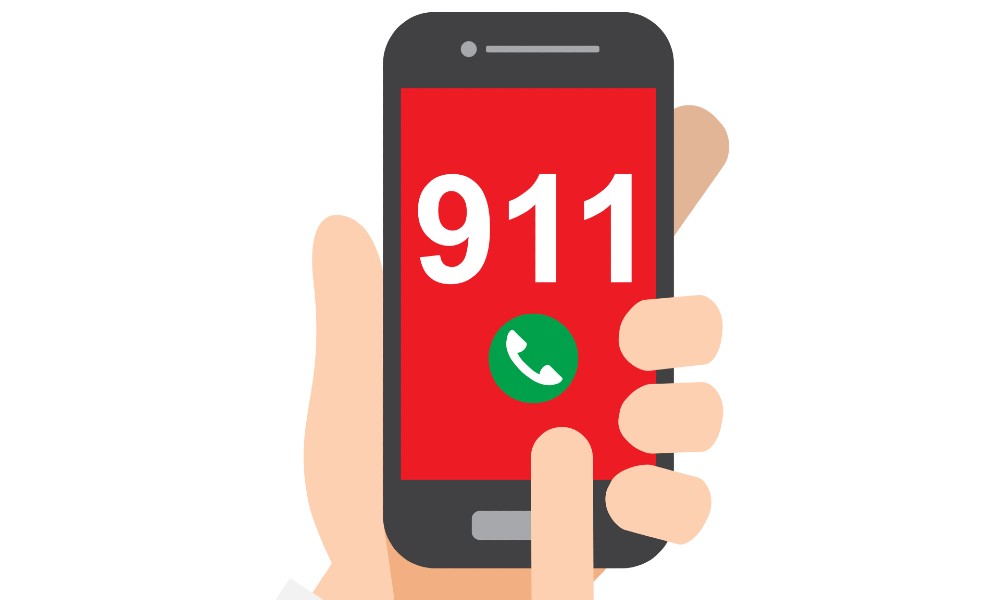

At the beginning of February, the call center for Austin’s emergency response team added a new option for callers specifically for mental health services.
City officials created the line to separate police related calls from non-emergency calls, so that police can focus on issues related to public safety or immediate threats. The new option transfers callers who are requesting mental health services to a certified clinician, or an Integral Care Expanded Mobile Crisis Outreach Team if the situation requires it. During the first week it was available, Integral Care workers reported that their clinicians received the highest caller volume ever, and 85% percent of calls directed to them were handled without police services.
“This approach also allows 911 operators to quickly divert non-police related calls that do not involve a risk to the public or to the caller’s safety to the most appropriate resource available, thereby enhancing the efficiency of the police service by dispatching police to those events requiring a law enforcement response,” stated Assistant City Manager Rey Arellano.
Austin’s focus on mental health related issues may require call center agents to receive additional training to recognize situations that require further intervention. However, the additional service line provides callers with a more accurate alternative to get the support they need, and keeps the police available for matters of public safety. According to public safety official Kathy Mitchell, mental health related calls can average between 3,500-4,000 per week.
"It sends a clear message through the entire call center that what is needed is a mental health response to a mental health problem and if the system can deliver that, that person stands a chance to have a whole progress on their real needs without the intervention of the criminal justice system," added Mitchell.
At this time, Austin, Texas is the only city in the United States that has a dedicated line specifically for mental health services. This fact may soon change after the reports of success, as well as the growing concerns of mental health issues the nation is facing due to pandemic restrictions.